Renata Micha
Harmonising dietary datasets for global surveillance: methods and findings from the Global Dietary Database
Malnutrition in all its forms is a leading modifiable risk factor for mortality and morbidity globally(1–Reference Mozaffarian, Hao and Rim
Global Expanded Nutrient Supply (GENuS) Model: A New Method for Estimating the Global Dietary Supply of Nutrients
Abstract
Insufficient data exist for accurate estimation of global nutrient supplies.
Global Improvement in Dietary Quality Could Lead to Substantial Reduction in Premature Death
Abstract
Background: The preventable premature mortality achievable by improvement in dietary quality at a global level is unclear.
Objective: The aim of this study was to assess dietary quality globally, and to quantify the potential global impact of improving dietary quality on population health.
Global Dietary Database 2017: data availability and gaps on 54 major foods, beverages and nutrients among 5.6 million children and adults from 1220 surveys worldwide
Abstract
Background: We aimed to systematically identify, standardise and disseminate individual-level dietary intake surveys from up to 207 countries for 54 foods, beverages and nutrients, including subnational intakes by age, sex, education and urban/rural residence, from 1980 to 2015.
Global, regional, and national consumption of animal-source foods between 1990 and 2018: findings from the Global Dietary Database
Abstract
Background: Diet is a major modifiable risk factor for human health and overall consumption patterns affect planetary health. We aimed to quantify global, regional, and national consumption levels of animal-source foods (ASF) to inform intervention, surveillance, and policy priorities.
Children's and adolescents' rising animal-source food intakes in 1990-2018 were impacted by age, region, parental education and urbanicity
Abstract
Animal-source foods (ASF) provide nutrition for children and adolescents' physical and cognitive development. Here, we use data from the Global Dietary Database and Bayesian hierarchical models to quantify global, regional and national ASF intakes between 1990 and 2018 by age group across 185 countries, representing 93% of the world's child population. Mean ASF intake was 1.9 servings per day, representing 16% of children consuming at least three daily servings. Intake was similar between boys and girls, but higher among urban children with educated parents.
Global, regional and national consumption of animal source foods between 1990 and 2018: findings from the Global Dietary Database
Abstract
Background: Diet is a major modifiable risk factor for human health and overall consumption patterns affect planetary health. We aimed to quantify global, regional, and national consumption levels of animal-source foods (ASF) to inform intervention, surveillance, and policy priorities.
The quality of evidence of the associations of foods and nutrients on cardiovascular diseases and diabetes: an updated systematic review
Abstract
Importance: Poor diet is a leading global factor associated with cardiometabolic disease (CMD). Understanding the quality of evidence of the associations between specific dietary factors and CMD, including effect size (relative risk [RR]) and uncertainty, is essential to guide policy and consumer actions to achieve healthy diet and public health goals.
Global Dietary Database 2017: data availability and gaps on 54 major foods, beverages and nutrients among 5.6 million children and adults from 1,220 surveys worldwide
Background: We aimed to systematically identify, standardise and disseminate individual-level dietary intake surveys from up to 207 countries for 54 foods, beverages and nutrients, including subnational intakes by age, sex, education and urban/rural residence, from 1980 to 2015.
